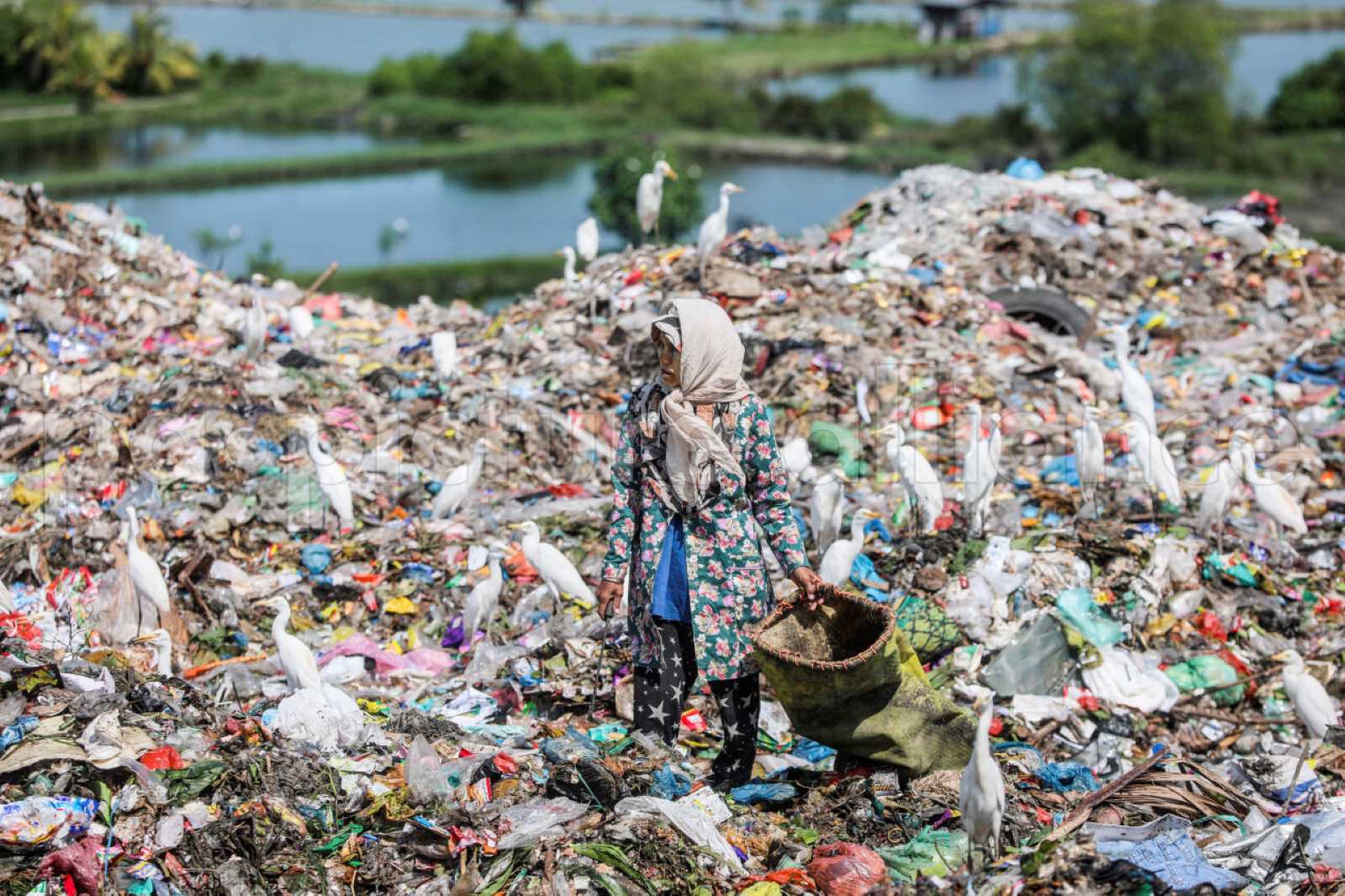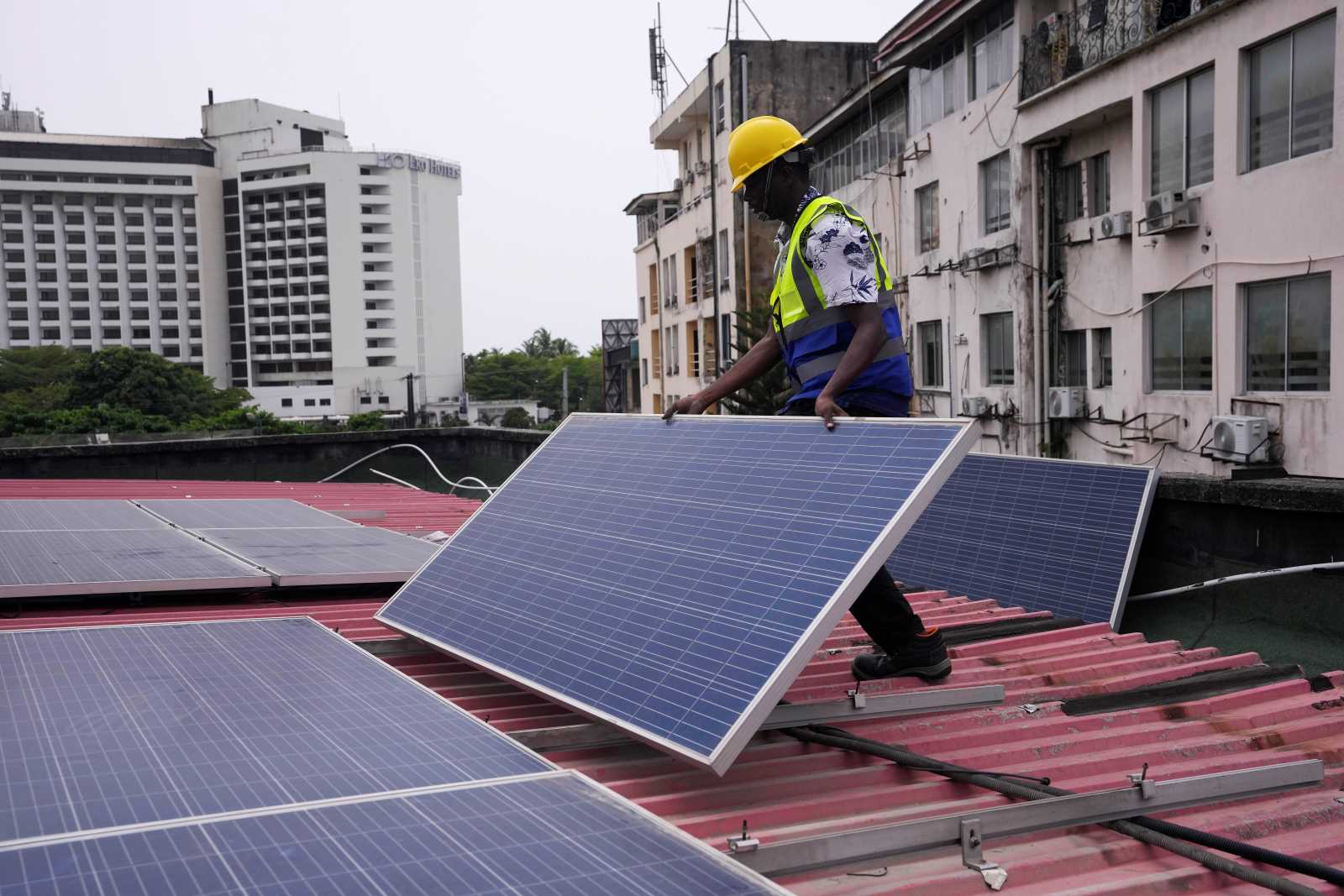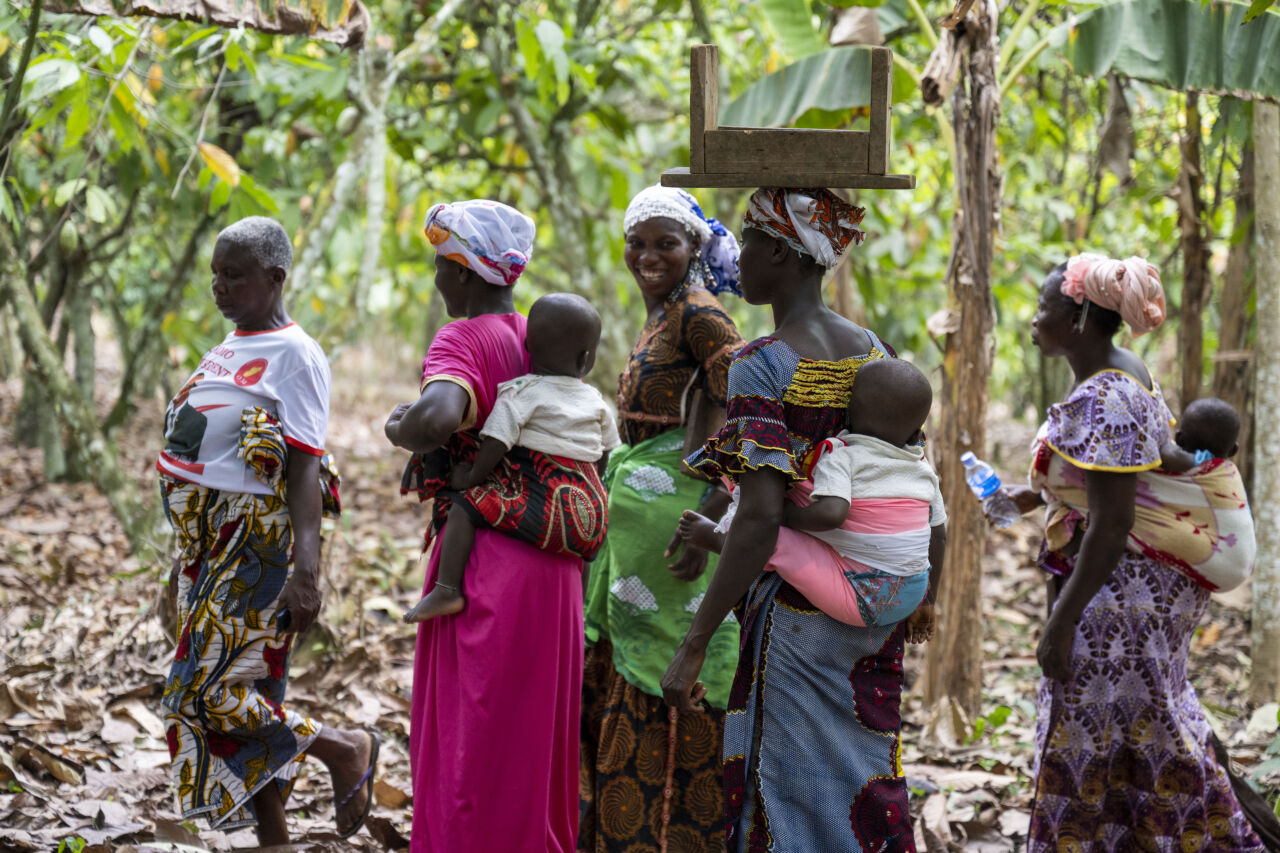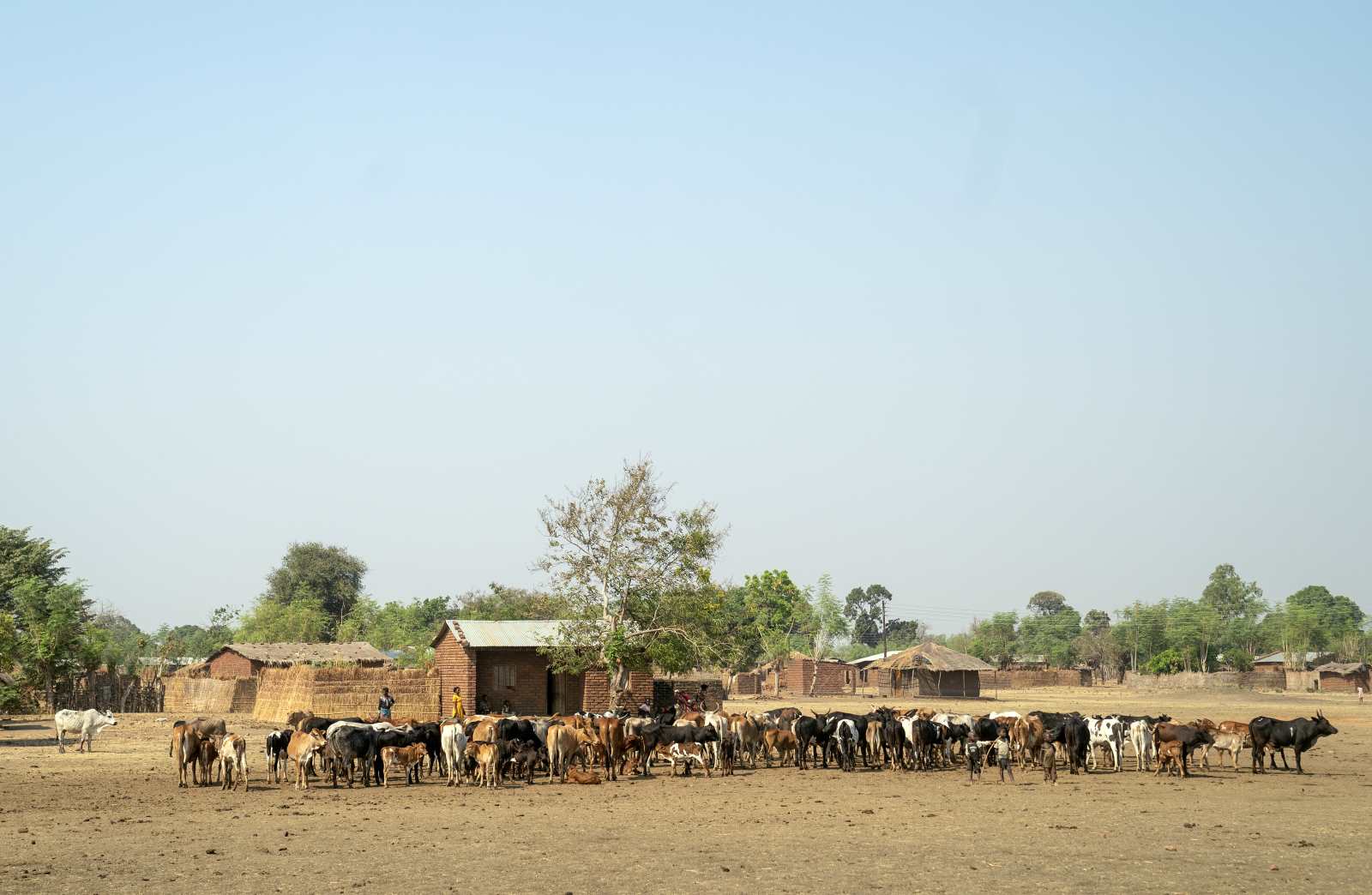Recycling industry
Making a living from the sale of metal waste
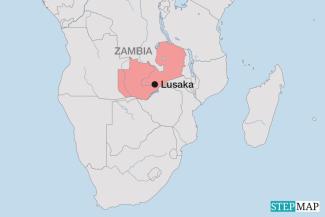
Zambia is struggling with youth unemployment. Many young people who cannot find work end up in crime or fall into alcoholism and other forms of drug abuse.
This is how 35-year-old Bernard Kabasanyi lived until he moved away from his rural home on the outskirts of Kalumbila district, about 730 kilometres north of Lusaka, the country’s capital. ”I realised that if our continued abuse of illegal brew didn’t stop, we would live a wasted life forever. That’s why I moved here and started a small business called Group Rock, which deals in scrap metal,” says Kabasanyi.
After inspiring a group of equally unemployed youths, Kabasanyi was able to approach a local mining company, FQM Trident Limited, to ask for an opportunity to source scrap metal for resale. The mining company is a subsidiary of First Quantum Minerals, one of the leading players in Zambia. It had established a charitable arm, the Trident Foundation Limited (TFL), which runs corporate social responsibility programmes for FQM Trident champions. Kabasanyi and his group were welcomed and given the opportunity to buy scrap metal from the mining company’s scrap yard. They utilised the readily available market in the Copperbelt Province, which is rich in minerals and therefore has the market infrastructure.
A lucrative business
Through FQM Trident Limited, First Quantum Minerals alone is home to a wealth of mining operations that produce a treasure trove of scrap metal every year. With the global scrap market at its peak, local traders such as Group Rock are benefiting from record prices.
“Since we started operating 10 months ago, we have been able to sell scrap metal worth 7 million Zambian kwacha ($ 250,000) in total revenue and pay back the mine about 5 million Zambian kwacha ($ 180,000),” Kabasanyi explained.
“Our supply chain is quite lucrative, and we have since become self-employed. I can now pay for my first-born child to go to university,” he said.
The global demand for scrap metal and local opportunities
Metal waste, commonly referred to as “scrap”, has immense value in Zambia. It is recycled to produce steel and aluminium products for housing and road construction. According to industry experts, the global steel scrap market is expected to reach 1.05 billion tonnes by 2033, up from its current 655 million tonnes.
“We are grateful for the FQM Trident for giving us a good deal through TFL to collect scrap and then pay later after resale. This model has transformed and enabled us to accelerate our business growth. Without it, we would never have been able to raise the necessary capital,” Kabasanyi says.
Golden Kachinda, a father of four and a resident of the northern resettlement of Kalumbila, is one of the members of Group Rock. He indicates that their plan is to expand into foreign markets in the next two years by supplying countries such as the Democratic Republic of the Congo, where the market is lucrative.
Zambia must continue doing much more to support the large numbers of unemployed youth who are now wasting their lives. Encouraging the private sector to offer solutions, as in the case of FQM Trident Limited, would be a big step.
Derrick Silimina is a freelance journalist based in Lusaka.
derricksilimina@gmail.com

